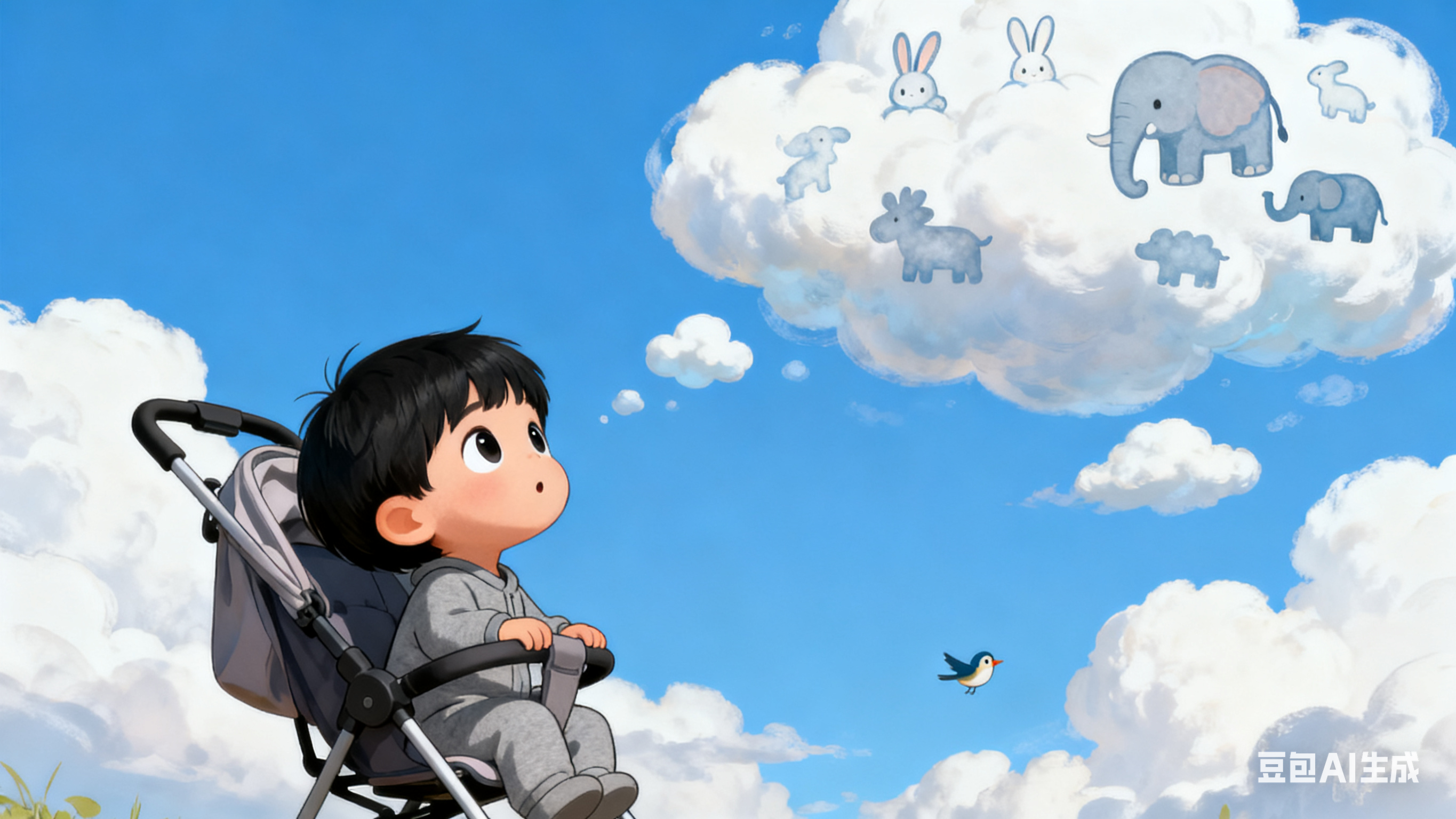
We all want to be happy. However, despite the incredible advancement of modern technology and society, few of us are truly happy. The good news is that we’re all capable of achieving happiness and more meaning in life if we adopt the right attitudes and behaviors. Perhaps the most important attitude is curiosity. Studies show that life becomes better when you’re curious.
Curiosity is the engine of intellectual achievement. Research shows that people who are more curious about a topic tend to learn faster. A famous psychology professor, George Loewenstein, suggested that curiosity is not only a mental state but also an emotion that pushes us to fill gaps in our knowledge.
Furthermore, curiosity improves social relationships. Motivational speaker Anthony Robbins observed that “the quality of your life is in direct proportion to the quality of your relationships.” Curiosity is something we all value in our friends. When friends show curiosity about your life, they demonstrate more empathy, offer useful advice, and help keep things enjoyable. After all, who wants to be friends with someone who shows no interest?
Besides learning and relationships, curiosity benefits brain health. Studies have shown that being open to new experiences keeps your brain active and alert. Writer Larry Dossey cited research in his book showing that women who regularly try new experiences — stepping out of their familiar routines — tend to maintain better mental abilities as they age.
Given these benefits, the importance of curiosity is clear. How can you live a fulfilling life without experiencing and learning new things? Fortunately, there are simple ways to develop curiosity:
Reading exposes you to new ideas and different worlds, which can inspire you to explore further. Don’t hesitate to read about various topics. Even picking up a magazine on a subject you don’t normally read about can stimulate your curiosity and teach you something new.
As scientist Neil DeGrasse Tyson said, “people who don’t ask questions remain ignorant throughout their lives.” Always ask questions. Not knowing something is not only acceptable but actually better — that’s how you start learning. The basic questions — who, what, when, where, why, and how — are essential tools for curious minds.
原创编写 版权所有 侵权必究! 每日更新 个性化阅读 英语飙升!1.1.What can we infer about curiosity from George Loewenstein’s view?
A It focuses on solving problems.
B It requires special training.
C It involves both thinking and feeling.
D It depends on existing knowledge.
解析:选C。C 细节理解题。在第二段中,George Loewenstein指出好奇心不仅是心理状态(mental state)还是情感(emotion),选项A中的“both thinking and feeling”准确概括出了这种思维与情感的双重属性。故选C。
2.2.Why does the author quote Anthony Robbins in the third paragraph?
A To criticize modern relationships.
B To demonstrate curiosity’s social value.
C To compare different experts’ views.
D To introduce a new research finding.
解析:选B。B 推理判断题。作者引用安东尼·罗宾斯的名言是为了支撑本段的核心论点——好奇心能够提升人际关系质量。引文后的具体解释都在说明好奇心如何通过增进理解、提供支持等方式改善社交关系。故选B。
3.3.What is the main point about new experiences in the fourth paragraph?
A They provide lasting brain benefits.
B They are especially good for women.
C They should be done regularly.
D They help break boring routines.
解析:选A。A 细节理解题。第四段首句点明 “好奇心有益大脑健康”,随后用研究佐证 “接触新体验能保持大脑活跃警觉”,并通过作家 Larry Dossey 引用的研究(“经常尝试新体验的女性年老时仍能保持较好心智能力”)进一步强化 “新体验与大脑健康的关联”。选项A中的“lasting brain benefits”准确概括了这一持久益处。段落既提到新体验 “让大脑活跃警觉”(即时大脑益处),又通过 “as they age(年老时)仍保持较好心智能力” 体现 “长期大脑益处”,“lasting brain benefits” 精准概括了新体验的核心价值,是段落围绕的核心论点。故选A。
4.4.What do the methods suggested in the passage have in common?
A They require active personal involvement.
B They depend on professional guidance.
C They focus on academic improvement.
D They need special equipment.
解析:选A。A 推理判断题。最后两段建议的方法,无论是阅读不同主题的杂志还是积极提问,都需要个人的主动参与和实践,这是它们的共同特点。故选A。